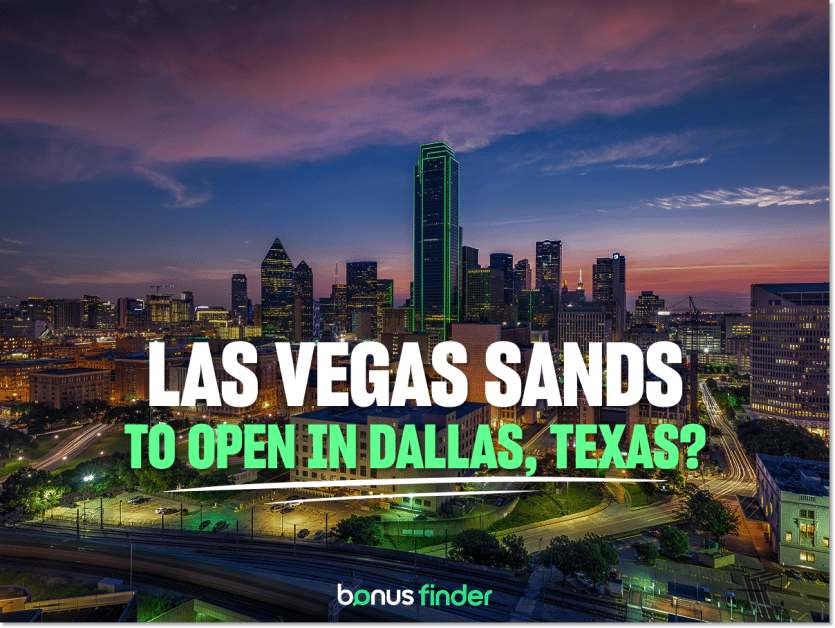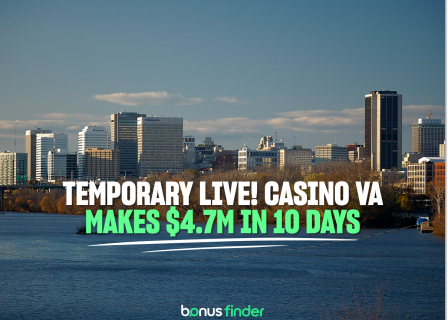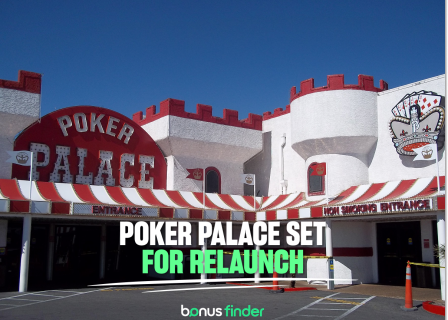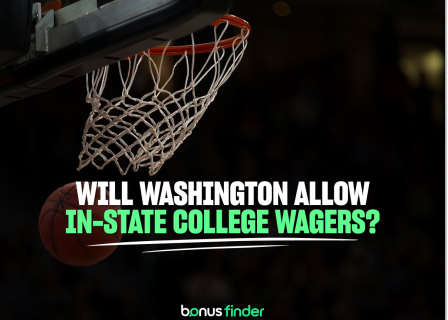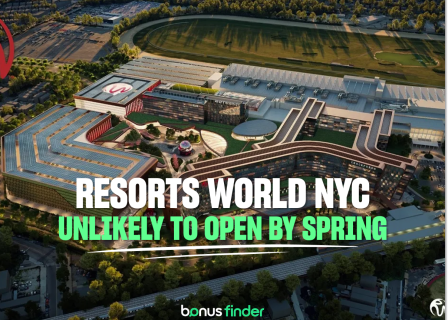Las Vegas Sands has shown commitment to establish a major retail gaming presence in Dallas, Texas – with plans to install a giant casino resort firmly in the corporation's crosshairs. However, both Texas online casinos and land-based casinos are currently illegal.
The declaration came from Sands' Senior Vice President, Andy Abboud, who outlined how the US-based firm - whose flagship venue resides in Singapore - may enter Dallas in an interview with NBC 5.
"Dallas is the only other place in the world that we think can match Marina Bay Sands in Singapore. It's that simple," expressed Abboud.
Marina Bay Sands hosts several luxury amenities, including a massive ballroom, a one-million-square-foot area tailored to exhibitions, an 850,000-square-foot mall and 1,850 rooms - all spanning 55 stories.
And, despite its already-illustrious glamor, Singapore's Marina Bay Sands is set to complete an $8bn overhaul.
Now, three years after relinquishing its final US venue in a $6.25bn sale, the Las Vegas Venetian Resort, Abboud's team hopes to re-enter its founding market through the Lone Star State's third-most populous city.
Discussing the proposed venture, Abboud pointed to the novel nature of a Marina Bay Sands-type resort: "This will be a hospitality product really unknown to the United States. There is not this level of facility even in Las Vegas, Nevada. People need to rethink anything they've seen in Texas or Las Vegas and imagine a whole new level of entertainment and hospitality."
Should his team obtain permission to install such a venue in Dallas, Abboud expects construction to be completed within three years. However, significant legal challenges stand before any potential Texas-focused retail gaming strategy.
Casino gambling currently illegal in Texas
While Abboud and his colleagues search for an ideal location in which to erect this large-scale property, there remains one major hurdle that must be overcome in order to bring about a luxury gaming resort in Dallas: retail casino gaming is illegal in Texas.
Those rallying against local gambling will not be easily swayed, as voiced by Rob Kohler, a veteran anti-casino protestor and member of the Christian Life Commission of the Baptist General Convention of Texas.
According to Kohler, Las Vegas Sands is merely "joining a long list of people in the waiting line" when it comes to gambling legalization in Texas. Hammering that fact, Kohler explained that: "some people have been in that line for 30 years."
Only time will tell whether Las Vegas Sands' interest in Dallas will convince lawmakers - from whom pro-gambling lobbyists would require a two-thirds voting majority in addition to amending the state constitution - to reevaluate existing hard-line rules.
Sands focused on alleviating illegal gambling in Dallas
Having withdrawn its New York project and unwilling to compete with corporations located in its namesake city, Las Vegas Sands is wholly dedicated to integrating an extensive Dallas resort.
Abboud believes such a venue would benefit Texas – and remedy the state's illegal gambling problem: "Texas is today the largest illegal gaming market in America. With no jobs, no revenue, no taxes, no economic benefit, no increased visitation – just a big illegal market."
He went on to dismiss suggestions that the Sands Corporation might construct a non-gambling resort, stating that "gambling helps pay for all the shops, restaurants and event spaces," within its walls.
Poignantly, Abboud concluded by articulating his group's primary purpose.
"At the end of the day, we're in the gaming business."
